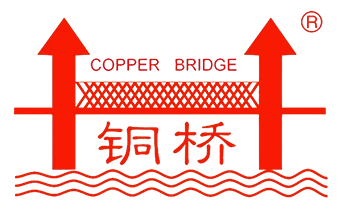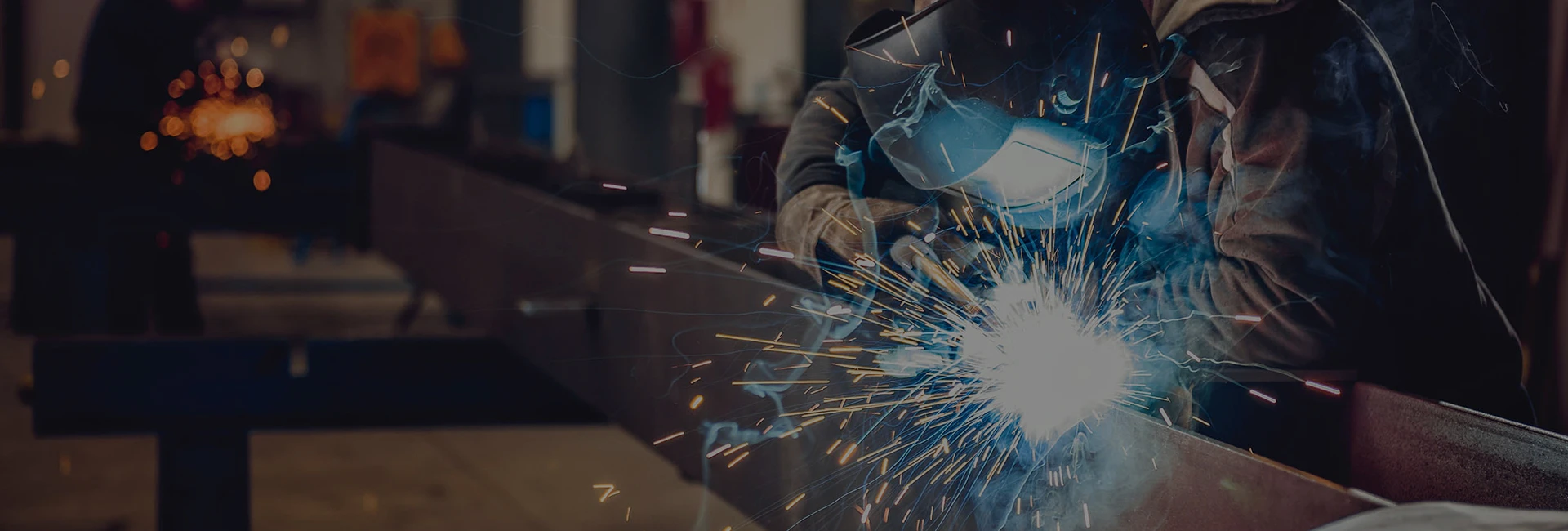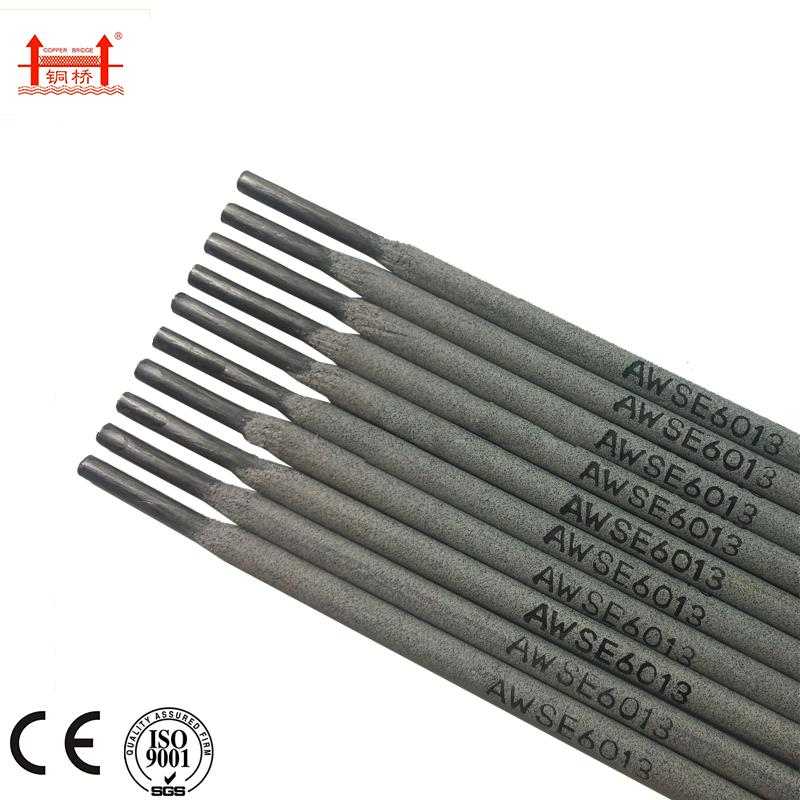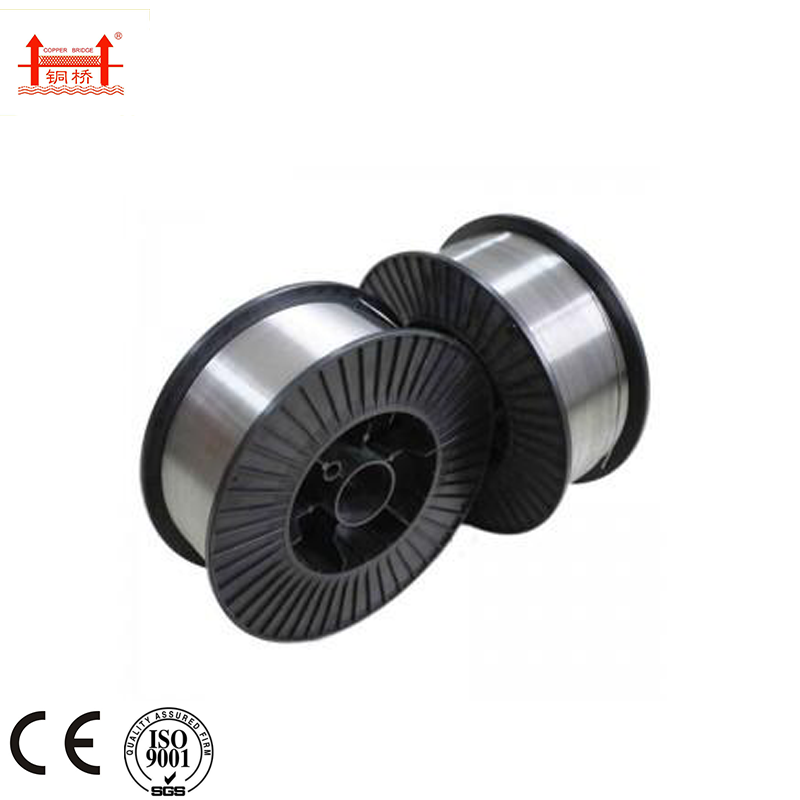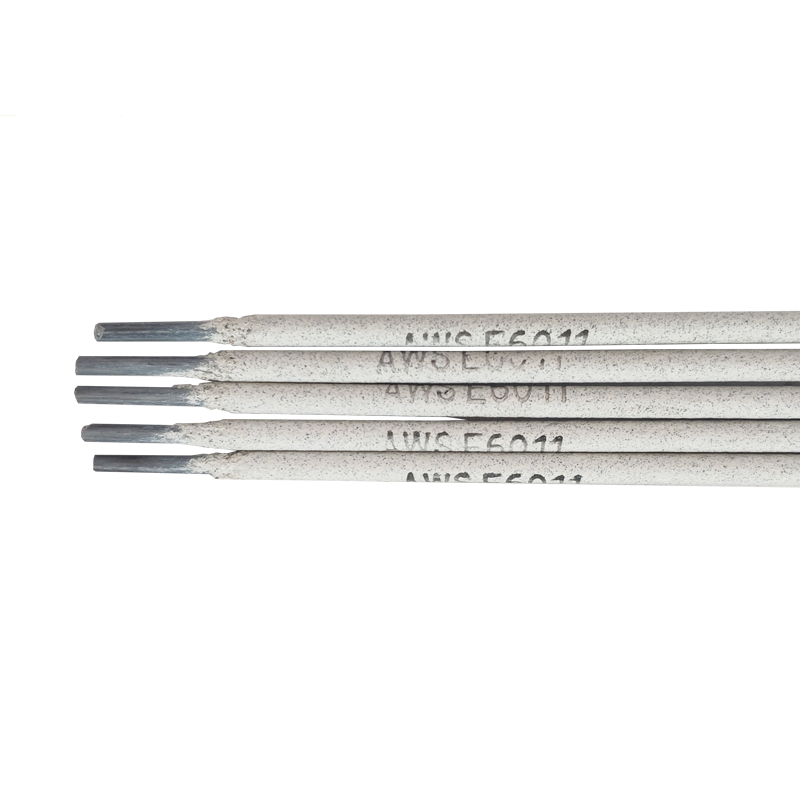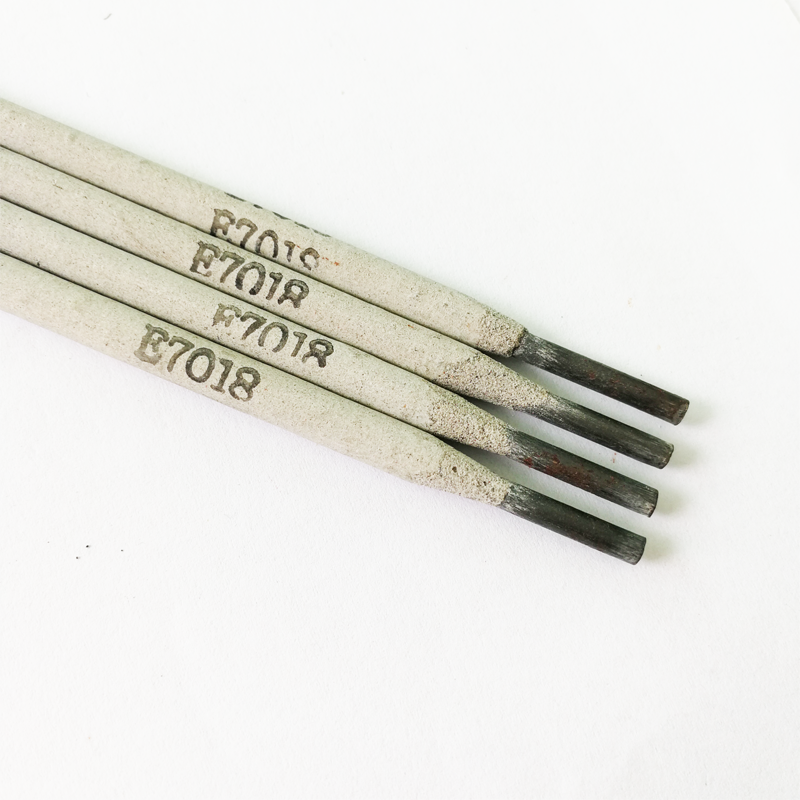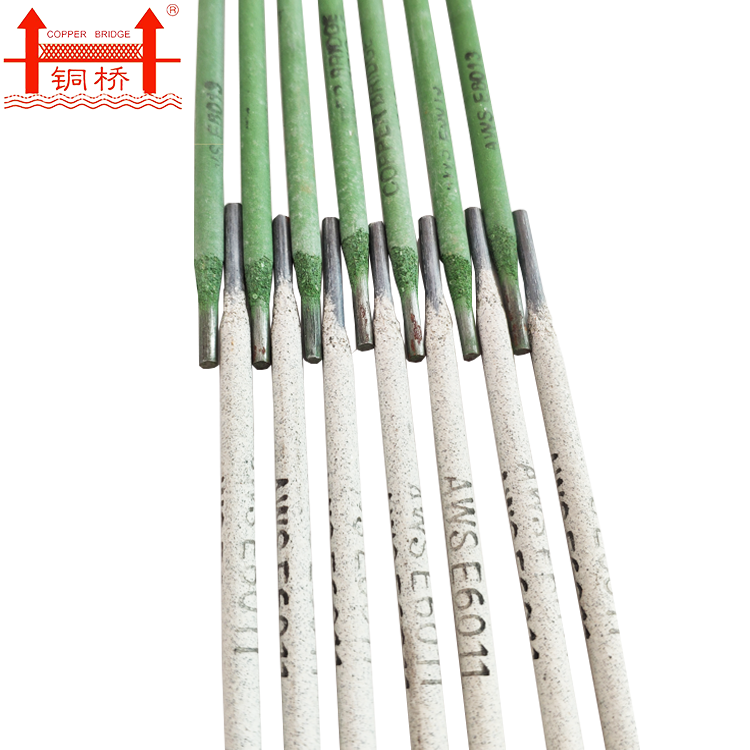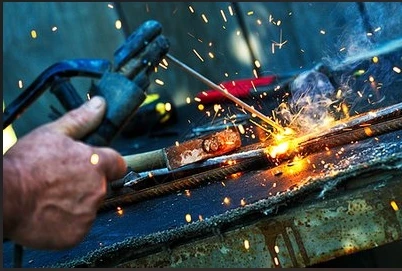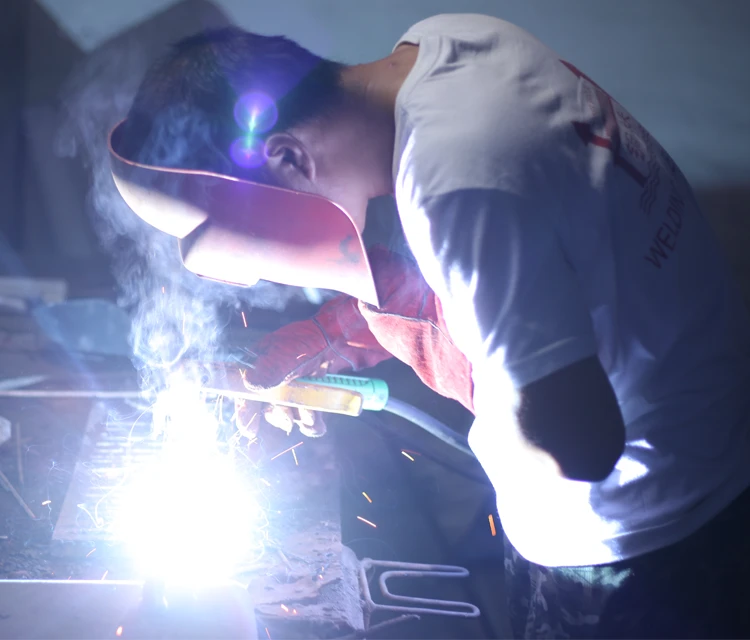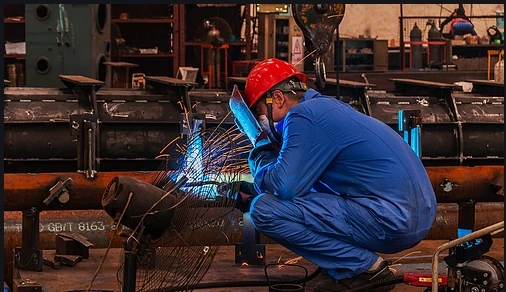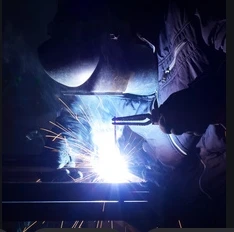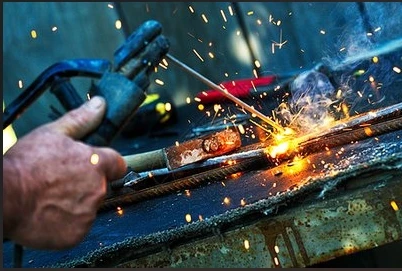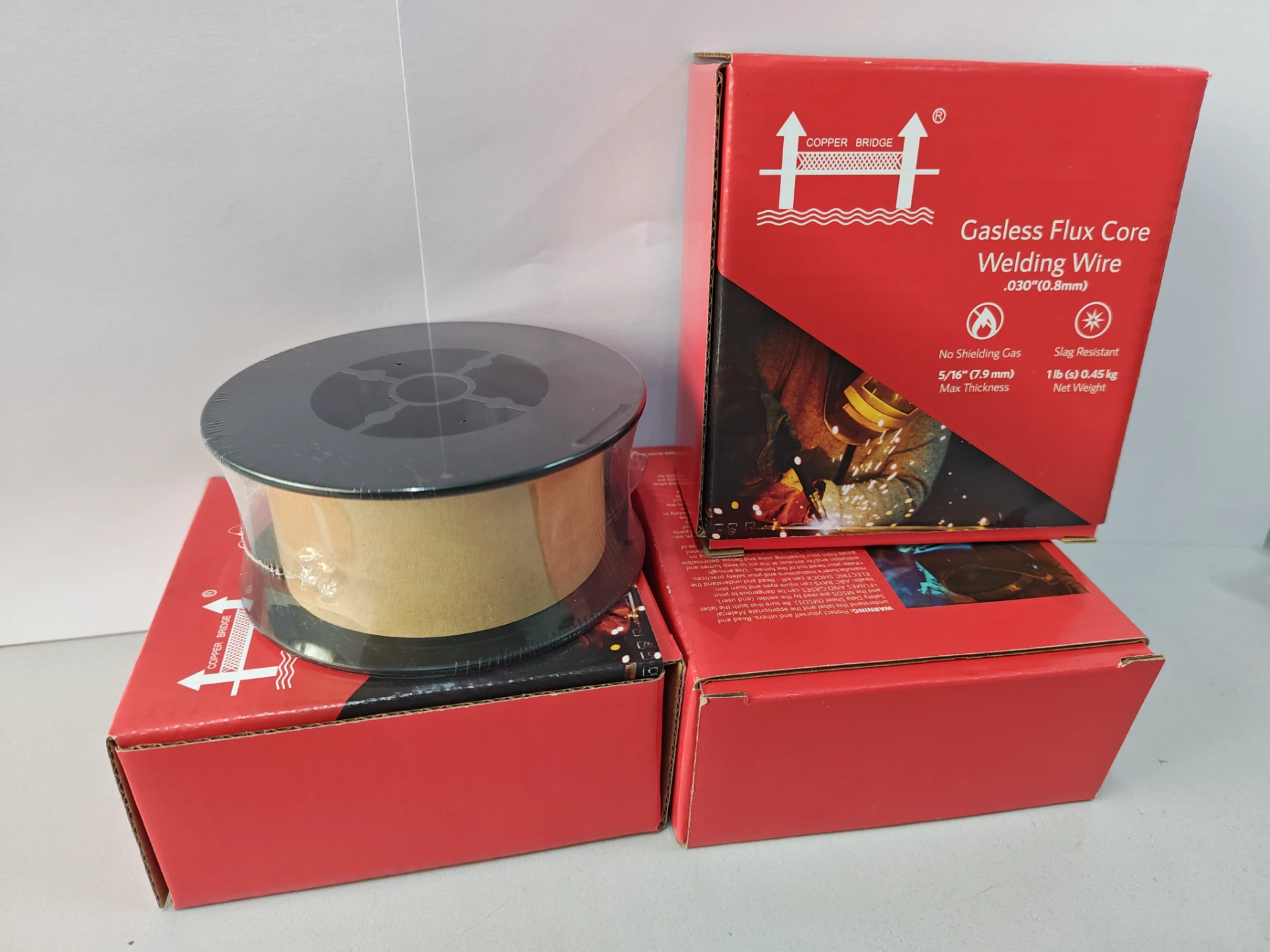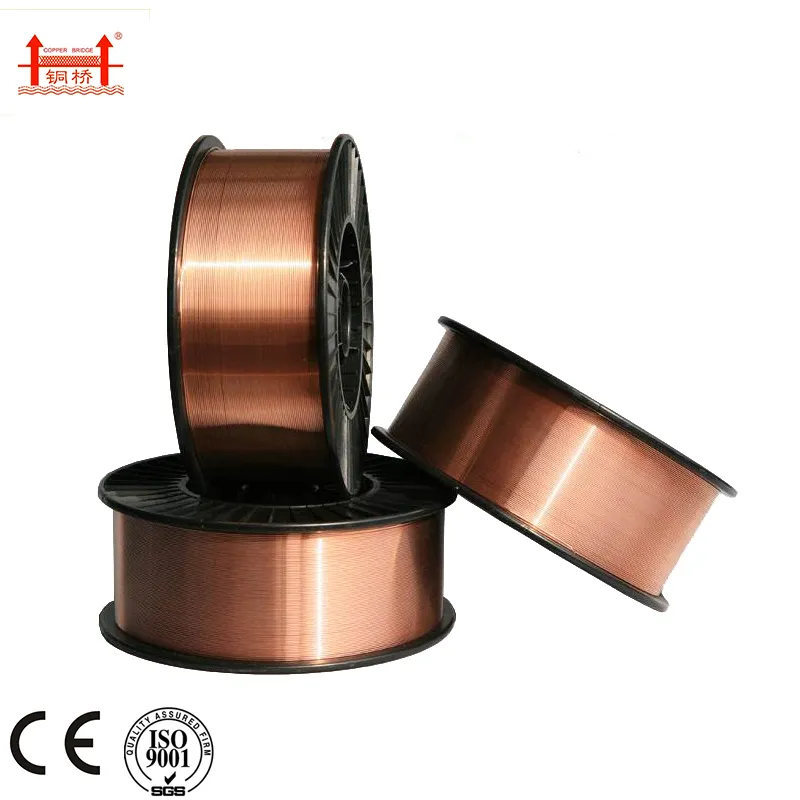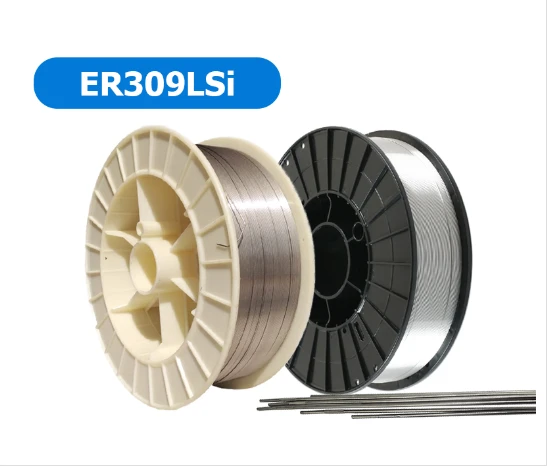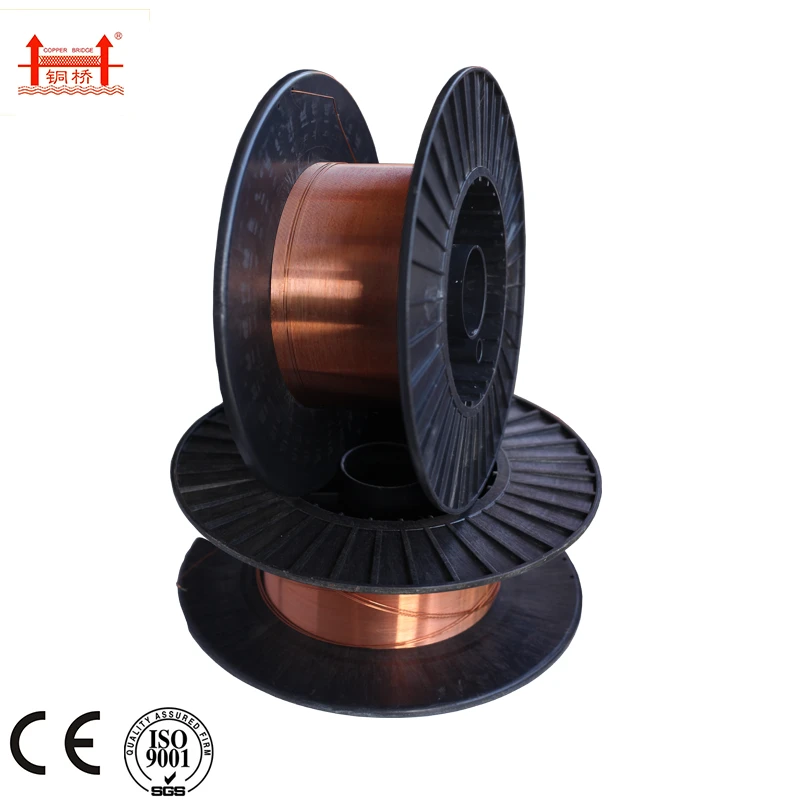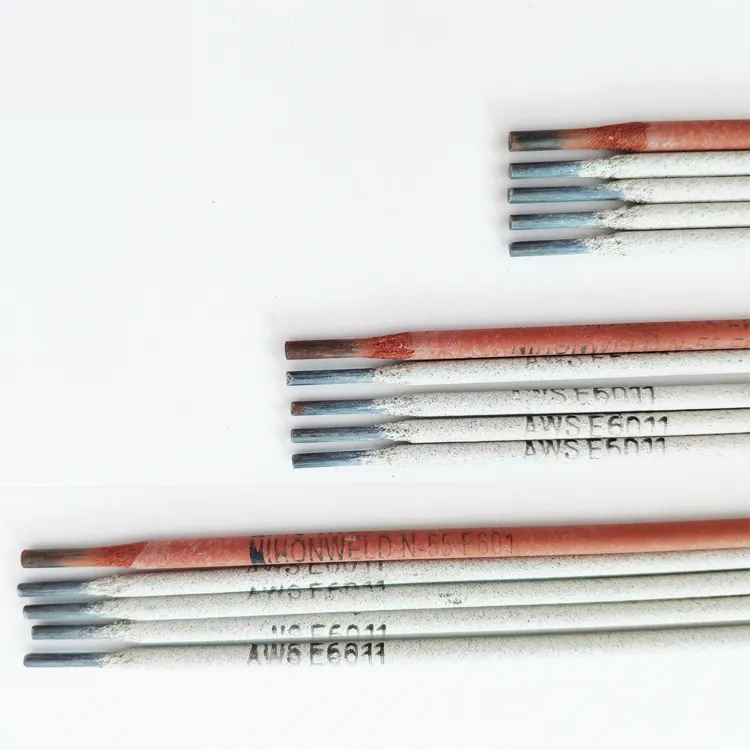Strength of Carbon Steel Electrode
Mai . 13, 2025 15:32
In today's demanding industrial landscape, selecting the right eletrodo de aço carbono is pivotal for achieving durable, high-quality welds. Carbon steel remains one of the most widely used materials across sectors like construction, shipbuilding, automotive manufacturing, and pipeline construction, and a compatible electrode is crucial to ensuring performance and structural integrity.
Carbon steel electrode offers excellent mechanical properties, such as high tensile strength and toughness, while maintaining good weldability. These electrodes are designed to create strong joints that resist cracking under stress or fluctuating loads. The unique properties of eletrodo de aço carbono make them ideal for applications where reliability and longevity are non-negotiable.
Different industries favor eletrodo de aço carbono for their efficiency in joining everything from thin sheets to heavy structural beams. With the appropriate choice, fabricators can achieve smoother weld beads, fewer defects, and higher productivity rates, meeting stringent project requirements while maintaining cost-effectiveness.
Choosing the Right Carbon Steel Electrode Suppliers for Your Projects
Finding reliable carbon steel electrode suppliers can significantly impact the success of your operations. Not all suppliers are created equal—quality assurance, product consistency, technical support, and compliance with international standards distinguish top-tier providers from the rest.
Professional carbon steel electrode suppliers typically offer a wide product range that includes electrodes for low, medium, and high-carbon steels, as well as specialized variants for different welding positions and operational conditions. They also provide comprehensive product certifications such as AWS (American Welding Society) and ISO standards to assure buyers of electrode quality and consistency.
A strong supplier relationship extends beyond the purchase. Leading carbon steel electrode suppliers offer technical consultation, assisting clients with electrode selection, usage guidelines, and troubleshooting support. Many also maintain large inventories, ensuring quick turnaround times and minimal project delays.
When selecting carbon steel electrode suppliers, it is essential to evaluate their reputation, client reviews, production capabilities, and willingness to customize solutions based on project-specific requirements. Partnering with the right supplier ensures smooth project execution and helps build a foundation for long-term business growth.
Understanding Carbon Steel Electrode Classification for Better Results
Navigating the various carbon steel electrode classification systems is key to selecting the perfect electrode for each specific application. Classification standards, like those from AWS (American Welding Society), categorize electrodes based on their tensile strength, welding position suitability, coating type, and current compatibility.
Understanding carbon steel electrode classification empowers users to make informed decisions. Whether the project requires high ductility, crack resistance, or deep penetration, knowing the classification system helps identify the most suitable electrode with minimal trial and error.
Beyond AWS, other classification systems such as ISO 2560 and EN 499 provide additional references, especially for international projects. Familiarity with carbon steel electrode classification also facilitates easier comparison between brands and simplifies technical documentation during project bidding or compliance audits.
Incorporating a solid understanding of carbon steel electrode classification into procurement and operational strategies ensures better weld quality, improved project efficiency, and enhanced safety outcomes.
How Carbon Steel Electrode Suppliers Support Project Success
The role of carbon steel electrode suppliers goes far beyond product delivery; they are critical partners in ensuring overall project success. Reputable suppliers add value by understanding client-specific challenges and recommending customized electrode solutions that optimize welding performance.
Top carbon steel electrode suppliers maintain stringent quality control processes, including batch testing for mechanical properties, impact toughness, and weldability characteristics. This ensures that every shipment meets or exceeds industry standards and client expectations.
Moreover, experienced suppliers provide educational resources such as welding handbooks, safety guidelines, and on-site training to help welding teams maximize electrode performance. They also stay updated with emerging technologies and industry trends, allowing them to advise clients on innovations like low-hydrogen electrodes for improved crack resistance or newer coating technologies for enhanced operator appeal.
Responsive customer service is another hallmark of superior carbon steel electrode suppliers. Fast order processing, flexible delivery options, and technical support availability during critical project phases make a tangible difference in minimizing downtime and avoiding costly errors.
By aligning with experienced carbon steel electrode suppliers, companies ensure steady access to premium materials and expert advice, enhancing their competitive edge and securing project success.
Exploring the Future Trends in Carbon Steel Electrode Development
Innovation is shaping the future of eletrodo de aço carbono technology, responding to the growing demand for higher welding efficiency, sustainability, and advanced performance in challenging environments. Manufacturers and carbon steel electrode suppliers are continually investing in research and development to introduce new products that meet evolving industry needs.
One notable trend is the development of low-hydrogen eletrodo de aço carbono varieties with enhanced resistance to hydrogen-induced cracking, particularly for critical infrastructure and offshore projects. These innovations help ensure longer service life and improved safety.
Another exciting advancement is the emergence of eco-friendly eletrodo de aço carbono formulations that reduce harmful emissions during welding, aligning with global efforts toward environmental sustainability.
In addition, smart electrodes embedded with sensors that monitor parameters such as temperature, arc stability, and weld integrity are being explored for high-tech applications where real-time data acquisition can significantly improve quality control.
As carbon steel electrode classification evolves to incorporate new standards addressing these technological breakthroughs, both suppliers and end-users must stay informed to leverage these advancements effectively.
In conclusion, understanding where the future is headed allows businesses to make strategic investments in the right eletrodo de aço carbono technologies today, ensuring better outcomes and positioning themselves as industry leaders tomorrow.
Eletrodo de Aço Carbono Perguntas frequentes
What are the key benefits of using carbon steel electrode for welding?
Usando eletrodo de aço carbono offers excellent weld strength, ease of use, cost-effectiveness, and adaptability to a wide range of welding positions and environments. It is suitable for joining mild steels, structural steels, and pipeline steels, ensuring reliable performance even under demanding service conditions.
How can I find reliable carbon steel electrode suppliers for my projects?
Look for carbon steel electrode suppliers with strong reputations, comprehensive product certifications, technical expertise, and responsive customer support. Suppliers that offer quality guarantees, batch testing data, and flexible service options are more likely to meet the specific needs of your projects.
Why is carbon steel electrode classification important in welding operations?
Understanding carbon steel electrode classification helps users select the right electrode based on tensile strength, welding position, coating type, and current compatibility. Proper classification knowledge ensures optimal welding performance, reduces the risk of weld defects, and supports compliance with industry standards.
What factors should I consider when selecting a carbon steel electrode for specific projects?
Ao selecionar um eletrodo de aço carbono, consider factors such as the type of base material, required tensile strength, welding position, expected service conditions, and project specifications. Consulting classification codes and supplier recommendations helps ensure the best choice for each application.
Are there new trends affecting carbon steel electrode technology?
Yes, recent trends in eletrodo de aço carbono technology include the development of low-hydrogen formulations, eco-friendly coatings, and smart electrodes with integrated sensors. These innovations aim to enhance weld quality, reduce environmental impact, and support smarter, data-driven welding operations.
Produtos relacionados
Vídeo relacionado
Notícias relacionadas


